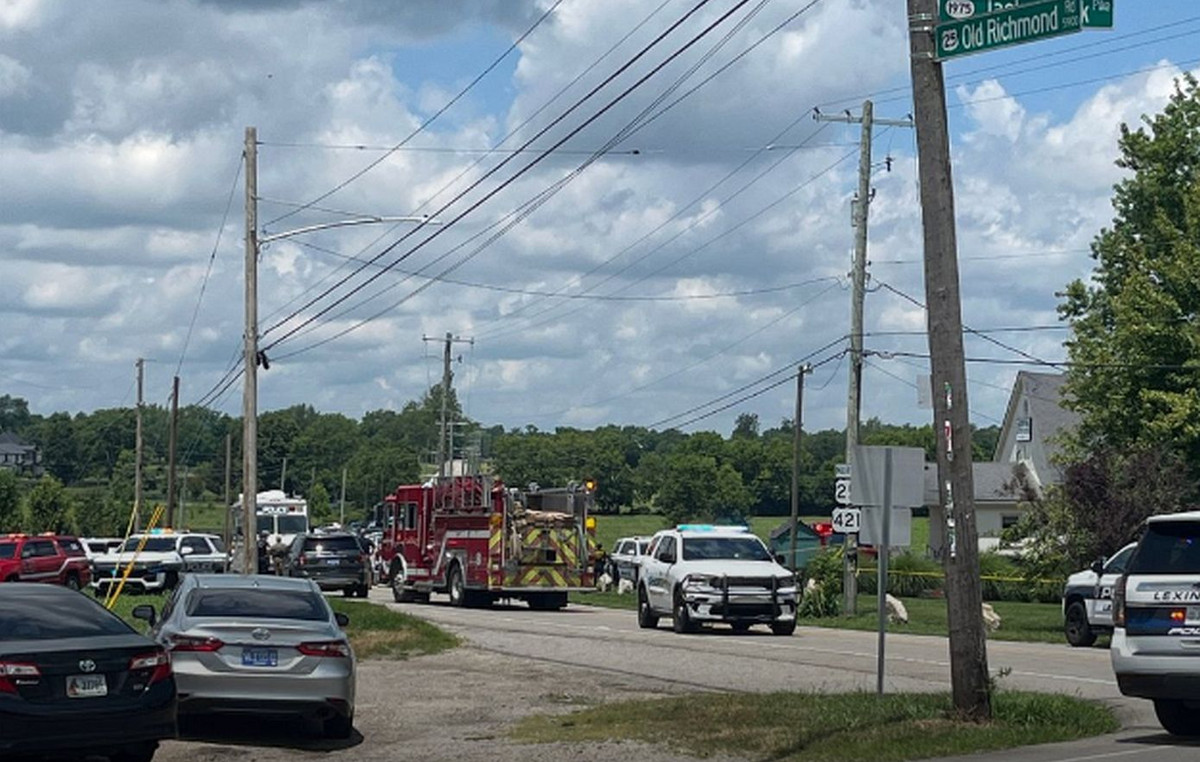Consuming too much energy drinks can cause agitation and lead to difficulty sleeping, as happened to actress Dakota Johnson. In an interview with Variety magazine, she revealed that she had an unwitting “caffeine overdose” after drinking large amounts of energy drinks while directing her first film, the short film “Loser Baby.” Johnson says she thought the energy drink was a “natural drink.”
Many people may be confused. They may think of energy drinks as sports drinks or consider them appropriate for hydration, including for children. So what exactly are energy drinks? Given that a big concern is the amount of caffeine in them, what is the appropriate amount of caffeine to consume?
How much is too much — is it possible to overdose on caffeine? Should people use energy drinks before sports activities? Who should be especially careful with these drinks? And are there better ways to reduce fatigue and increase energy?
To guide us through these issues, I spoke to the medical wellness expert at CNN Leana Wen. Wen is an emergency physician and clinical associate professor at George Washington University. She is a former Baltimore health commissioner and the mother of two school-aged children.
CNN: What exactly are energy drinks?
Dr. Leana Wen: While there is no standard definition of energy drinks, these are generally beverages marketed to increase alertness, focus, and energy. They often contain large amounts of caffeine, as well as sugar and legal stimulants such as taurine, guarana, and L-carnitine.
CNN: Are energy drinks the same thing as sports drinks?
Wen : No, they are not, and it’s really important that people make that distinction.
Sports drinks are beverages that contain electrolytes. They are used by athletes and others who are losing water and electrolytes during intense exercise and sweating. Some contain only salts and electrolytes, and others will have added sugars.
Energy drinks may also contain some electrolytes and added sugars, but their main purpose is to serve as a stimulant. They should not be used to replace electrolytes and fluids lost during exercise.
CNN: Can drinking too many energy drinks be dangerous?
Wen: Yes, especially because of excessive caffeine consumption.
Too much caffeine can cause your heart to race. People may feel jittery and anxious. They may have trouble sleeping, which paradoxically leads to more fatigue over time. People who consume energy drinks thinking they are replacing electrolytes and fluids may end up dehydrated, especially since caffeine is a diuretic that promotes fluid loss.
Very high caffeine intake can lead to caffeine poisoning. This is uncommon, but it can be dangerous, even fatal, especially when the heart rhythm is disrupted. People can suffer cardiac arrest, as well as other serious symptoms such as brain swelling and kidney failure.
CNN: How much caffeine does someone need to consume to be dangerous?
Wen : More than 400 milligrams of caffeine daily is considered excessive for most adults, according to the U.S. Food and Drug Administration. That’s the equivalent of four or five cups of coffee.
Someone who consumes 400 milligrams of caffeine will probably not experience the severe effects of caffeine toxicity, but they may certainly experience jitters and sleep disturbances.
Some energy drinks can contain up to 200 or 300 milligrams of caffeine in each bottle or can. It is very important to check the label carefully before consuming.
CNN: Is this recommendation different for children?
Wen : Yes. The American Academy of Pediatrics recommends that children and adolescents avoid energy drinks. They also recommend against drinking beverages that contain caffeine and added sugar, citing that drinking these beverages can increase the risk of anxiety, hyperactivity, and even excessive weight gain, heart disease, and fatty liver disease.
However, 30% to 50% of teens report consuming energy drinks, and they are sometimes sold in vending machines at schools.
Parents should be very careful to check the label of each beverage their children are consuming. Some beverages look similar but actually contain very different amounts of caffeine.
CNN: Should people drink energy drinks before sports activities?
Wen : In general, no. Water is the best form of hydration for most people. Those who are concerned about electrolyte loss, such as endurance athletes and people who work outdoors in hot weather, should consider sports drinks — not energy drinks.
There may be some adults who use energy drinks as a performance booster. They should use these drinks for this purpose knowing the amount of caffeine they are consuming and also that there are other stimulants in the drink.
CNN: Who should be especially careful with energy drinks?
Wen : We discussed children, who really shouldn’t consume energy drinks. Other people who should be careful include those with chronic heart problems or high blood pressure, as the caffeine and other stimulants in energy drinks can increase heart rate and blood pressure. Those who already have abnormal heart rhythms or are at risk for developing them should avoid them, as should those with chronic kidney problems.
Caffeine can also interfere with certain medications, including some antidepressants, seizure medications, and diabetes medications. People who have underlying medical conditions and who are taking prescription medications should consult their primary care physician about using energy drinks.
CNN: Are there better ways to reduce fatigue and increase energy?
Wen : Yes, there are much better ways. Energy drinks can offer a quick boost of energy, but they come with potential risks and are not a good long-term solution.
If you’re experiencing ongoing exhaustion, it’s important to understand why. Make sure there aren’t any underlying medical issues, such as anemia, hypothyroidism, or sleep apnea. Review your sleep routine and see if changing some sleep habits could help. Changing your diet can also give you more energy, as can adding physical activity.
And don’t forget to stay well hydrated; something as simple as drinking plenty of fluids throughout the day can help more than an energy drink, and without the risk that comes with consuming excessive amounts of stimulants.
This content was originally published in What are the risks of energy drinks? Expert explains on the CNN Brasil website.
Source: CNN Brasil
I am an experienced journalist and writer with a career in the news industry. My focus is on covering Top News stories for World Stock Market, where I provide comprehensive analysis and commentary on markets around the world. I have expertise in writing both long-form articles and shorter pieces that deliver timely, relevant updates to readers.






